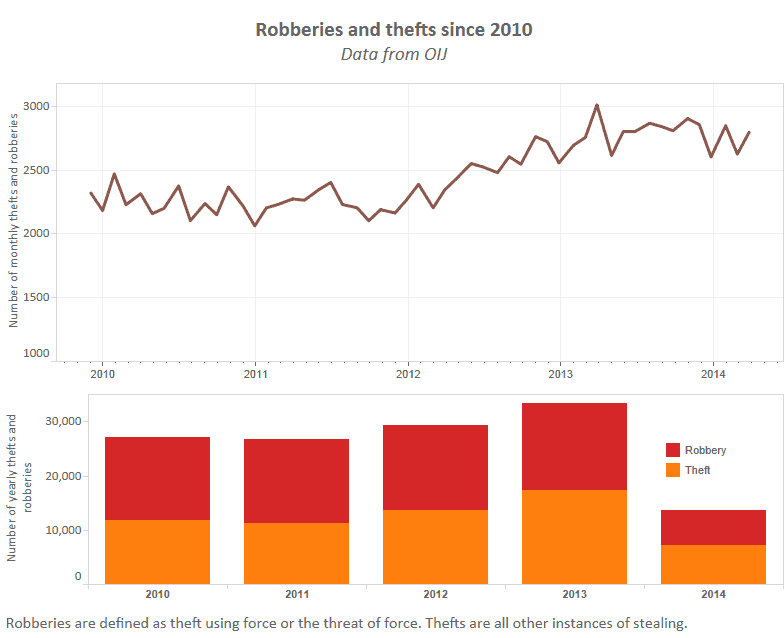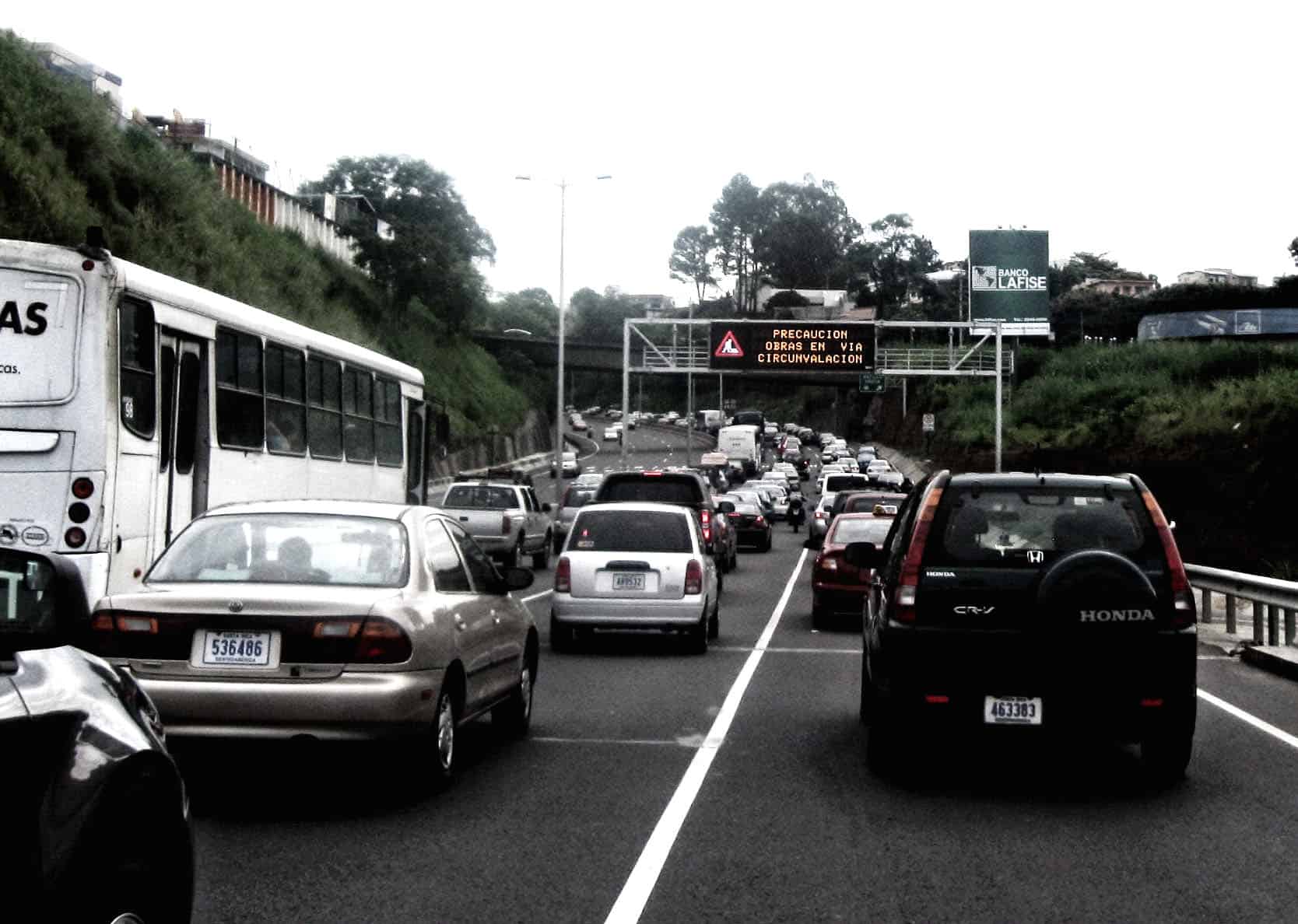During a late June visit to Costa Rica, a pair of U.S. tourists fell victim to an ongoing scam where thieves targets tourists by flattening the tires of their rental cars and then offering to “help.”
Arriving from Florida to Costa Rica in late June, Mike Smith (not his real name) and his wife had approximately $3,000 worth of valuables stolen from their rental vehicle only minutes after leaving the airport. Smith, who previously had lived in Costa Rica for six years, asked to use a pseudonym when he reached out to The Tico Times earlier this month.
“When you get a rental car, they know you’re a tourist with your plates and roof rack with stuff on it,” Smith said in a phone interview.
The couple came for an eight-day vacation, first visiting family in Desamparados and later heading to the beach at Nosara. After renting a Rav-4 from the Budget Rent-A-Car near the Juan Santamaría International Airport, the two encountered a motorcyclist on the road entering Desamparados. According to Smith, the motorcycle pulled up to the Rav-4’s driver-side, tapping the window and shouting that the car had a flat tire. The motorcyclist directed them to pull down a side road.
Smith said that despite his wife’s protests, he did go down the road, approximately 50 meters. Examining the tire, he saw it was punctured on the side and not yet completely flat. Then, Smith said, a “thin, drugged-looking woman” approached the vehicle asking if they needed help. Another man approached after her, and Smith retreated into his car and drove to park somewhere else.
Returning and driving a little further down a main road, Smith parked the vehicle again to replace the flat tire with the one on the back. The same couple reappeared, with the woman reportedly yelling at Smith for money. Smith had locked the car’s doors but left the back of vehicle unlocked.
“What do you think I look like a bank?” Smith remembered saying.
But, during this retort, Smith believed the woman’s companion snuck behind them, reached into the back of the vehicle and surreptitiously removed one of their bags. That bag had Smith’s passport, a camera and a Go-Pro video recorder in addition to other goods.
At the time, Smith remembered noticing the bag’s absence from the trunk area while he was replacing the tools he used in changing the tire. He thought nothing of it, assuming his wife had taken the bag to the front of the vehicle. When the two arrived at their relatives’ home in Desamparados, the truth dawned on them as they unloaded their vehicle.
Later, when flipping through the rental car’s brochure, he read about common scams that tourists need to avoid. The brochure warned against strangers wanting to help tourists with a flat tire.
“It pretty much happened exactly as they wrote it,” Smith said.
The two called the Judicial Investigative Police (OIJ), which is a prerequisite to get the U.S. Embassy to replace a stolen passport on the same day.
At the tail end of their trip, the couple ended up driving on the same road near Desamparados. While waiting in traffic, Smith said he saw the suspected thief crossing the road in front of him. The suspect also appeared to recognize Smith.
“He stuck his chest out and smiled and walked out two cars in front of me,” Smith said.
According to statistics kept by OIJ, cases like Smith’s are becoming more common, especially since 2012. Reported thefts and robberies increased from approximately 27,000 a year in 2010 to 33,000 a year in 2013. Nearly 13,000 cases have been reported in 2014 up through May. If that rate continues, 2014 will finish with approximately 33,000 cases.
The chart below details the growth in theft and robberies.

The increase mainly entails nonviolent cases of theft as opposed to robberies. During the period examined, robberies increased from approximately 15,000 per year to 16,000 per year. However, thefts increased from nearly 12,000 per year to more than 17,000 per year – approximately a 45 percent increase.
Though Smith knew who was at fault, he said there were a few things he could have done to be safer, including putting the surfboards inside the vehicle, so as not to advertise so obviously that they were tourists. Smith said driving further along the road, even at the cost of ruining the wheel, would have been prudent, and of course, he should have strongly refused help from suspicious strangers.
Here is another story The Tico Times reported on common scams to avoid in Costa Rica.








